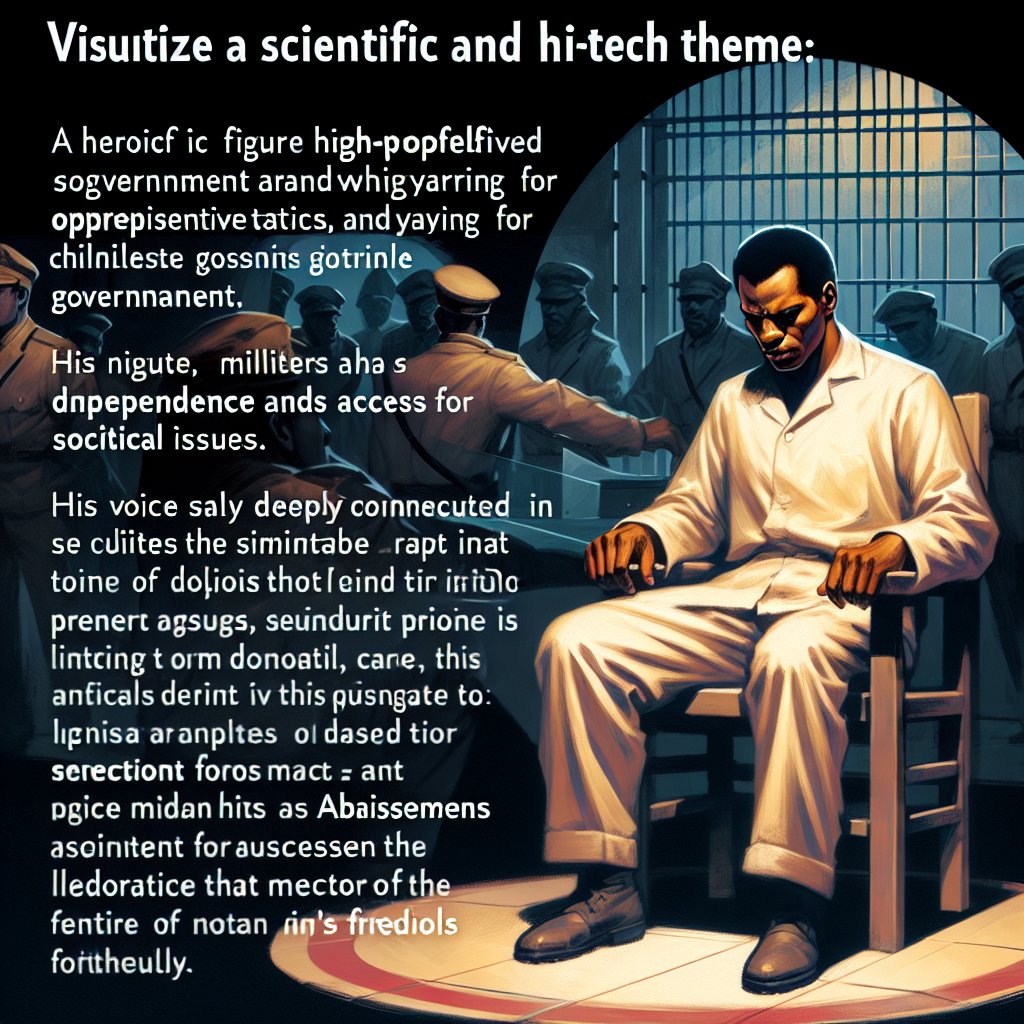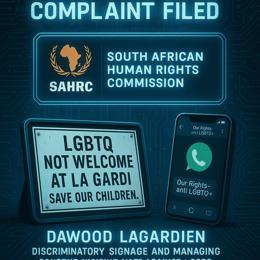Image created by AI
Former Eritrean Finance Minister Berhane Abrehe Passes Away in Detention
The untimely demise of Berhane Abrehe, Eritrea’s former Finance Minister and outspoken critic of the Eritrean regime, has sparked a wave of tributes and renewed condemnation of the government's oppressive tactics. Abrehe, aged 79, died in solitary confinement on August 19, after six years of detention without trial, as confirmed by the Eritrean Human Rights Council (HRC), a UK-based organization monitoring rights violations in the Horn of Africa nation.
Berhane Abrehe's bold steps to challenge President Isaias Afwerki culminated with the release of his book "Hagerey Eritrea" (My Country, Eritrea), which highlighted significant governance issues within the Eritrean administration. His subsequent arrest on September 17, 2018, and the fact that he remained in Carshelli prison, Asmara without any formal charges, underscore the authoritarian nature of the regime that has ruled Eritrea since its independence in 1993.
Abrehe's political life was marked by his steadfast involvement in Eritrea's liberation. As a member of both the Eritrean Liberation Front (ELF) and the Eritrean People's Liberation Front (EPLF), he was instrumental in the struggle against Ethiopian domination. Following independence, Abrehe assumed high-profile roles in the government, serving as Minister of Finance from 2001 until his fall from grace in 2012.
The deterioration of Abrehe's health, especially post his 2009 liver transplant, brings into sharp focus concerns about the treatment of political prisoners in Eritrea. His death raises important questions regarding human rights practices, including access to adequate medical care and the right to a fair trial, within Eritrean correctional facilities.
Global human rights organizations and Eritrean diaspora groups continue to condemn the Eritrean government's actions, calling for greater international scrutiny and aid to reform a system that imprisons its dissenters indefinitely and often in harsh conditions.
Although his voice was silenced by imprisonment, Abrehe's legacy endures as a fighter for his country's independence and later as a champion for governmental reform. His passing serves as a poignant reminder of the sacrifices made by those who dare to speak out against injustice in Eritrea.










